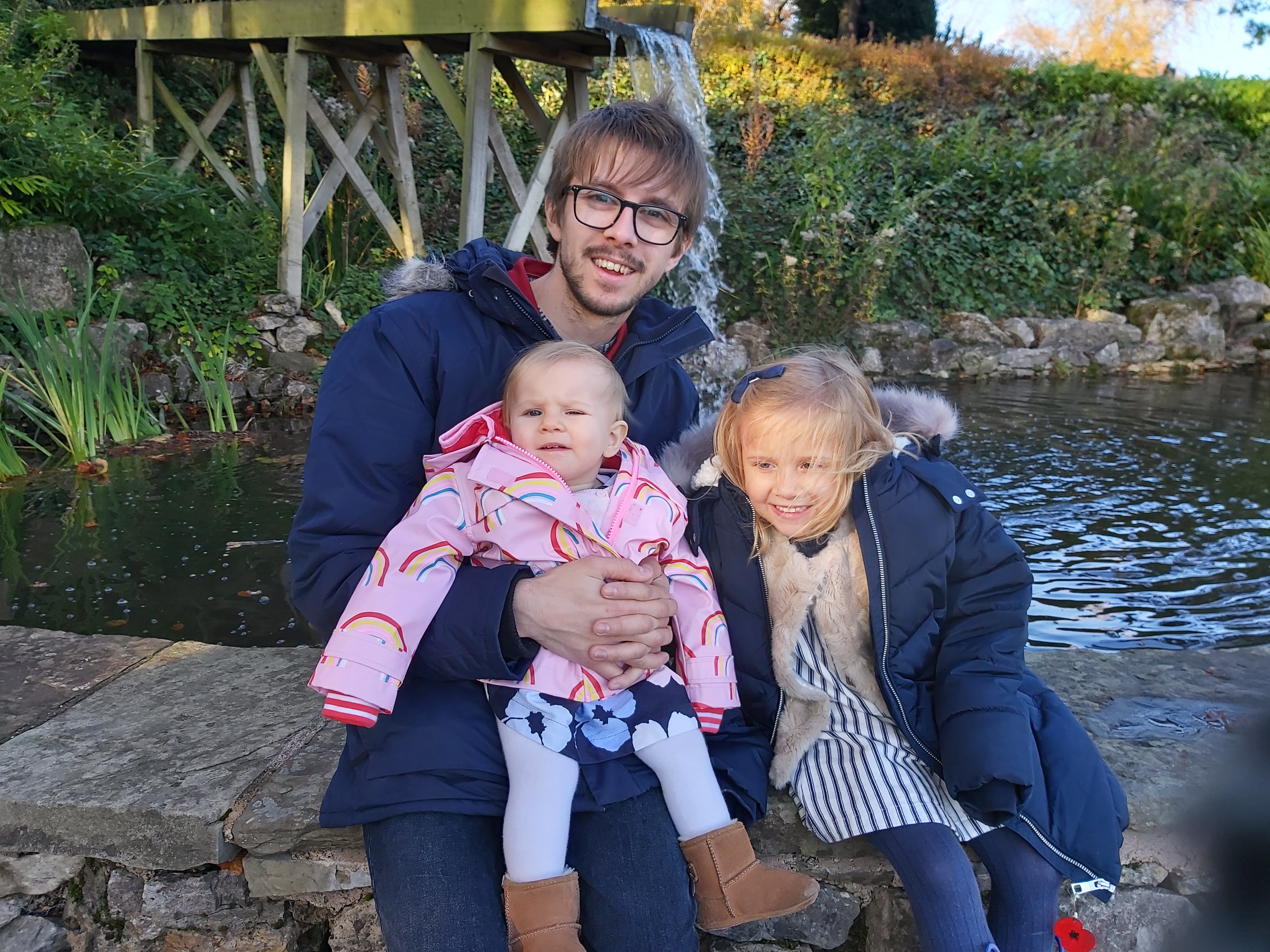
Biography
I am Dave Clark. Currently, I'm an independent research fellow in the Institute for Analytics and Data Science (IADS) and am affiliated with the School of Life Sciences at the University of Essex, UK. My research focuses on many aspects of microbial community ecology, particularly the mechanisms by which communities of microbes assemble, how microbes coexist, how they disperse to new habitats, and what this means for the ecosystem functions they drive. Of special interest are the microorganisms that drive the nitrogen cycle in freshwater habitats, the factors that regulate their activity, and how these organisms interact to drive a globally important ecosystem process.
Microbial ecology is experiencing a golden age in which new technologies are allowing us to study microbial communities in unparalleled detail. However, analysing and interpreting the data we are now generating has become a serious challenge. My interests in bioinformatics and statistical analysis mean that most of my work is based on drawing ecologically meaningful findings from the data deluge. To do this requires advanced computational methods, and out of necessity I have developed a keen interest in the
R programming language, and in using and developing bioinformatics software.
Outside of research, I am a father of two lovely girls who run rings around me everyday! I'm also an avid fossil collector, having spent the past 15 years collecting from sites all over the UK, and more recently have developed an additional interest in collecting carnivorous plants!
I hope you find my site interesting!
Interests
- Microbial Ecology
- Statistics and Bioinformatics
- Palaeontology
- R
Education
-
PhD in Microbiology, 2017
University of Essex
-
BSc in Biological Sciences, 2013
University of Essex